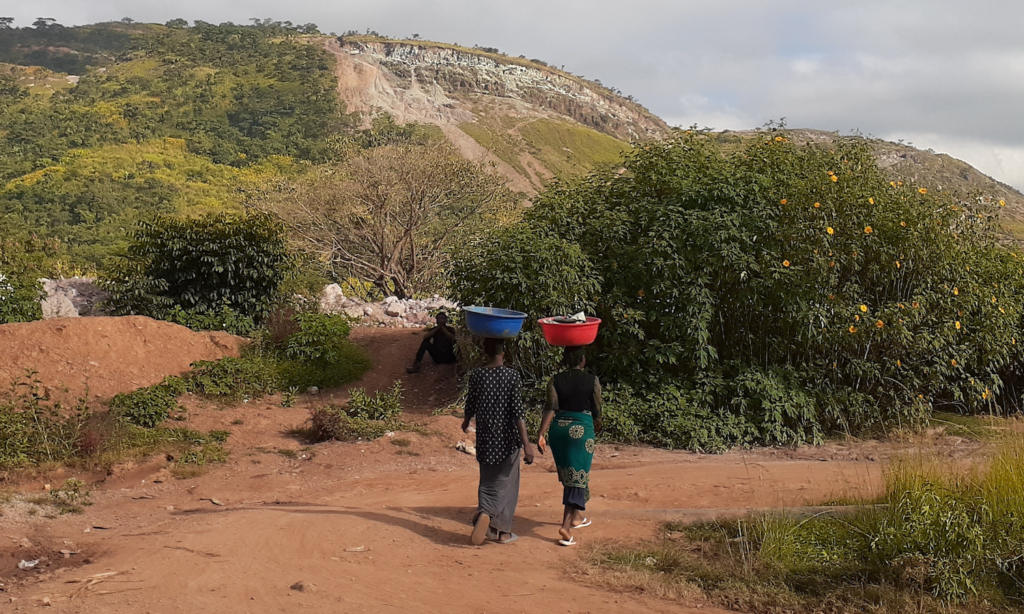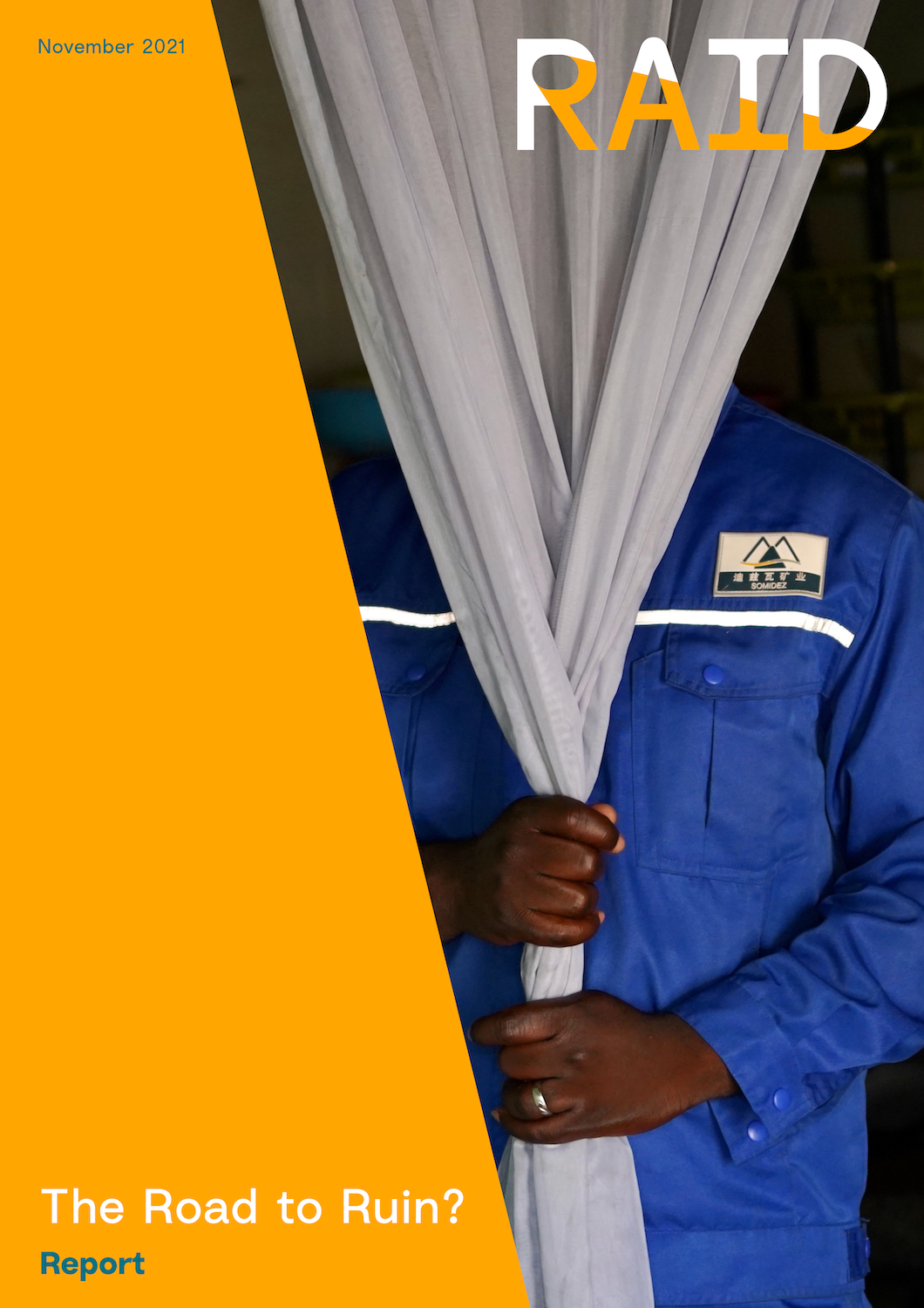NGOs alert UN Special Rapporteur on Climate Change to abuses in DRC’s cobalt and copper sector
The race for critical minerals to power the green energy transition is not only accelerating – it is becoming increasingly political. As electric vehicles, renewable technologies and AI data centres drive up global demand for minerals like cobalt and copper, competition between nations is intensifying, as are minerals-for-security deals, and pressure is mounting on the countries that supply them.
This surge presents important economic opportunities, particularly for countries in the global South where many of these minerals are found. But without stronger protections, the damage inflicted on the communities whose lands and waters are being exploited will be long-lasting and irreversible, repeating the patterns of injustice that marked the fossil fuel era.
The UN Special Rapporteur on Climate Change, Professor Elisa Morgera, has entered this debate, undertaking an examination of the human rights impacts across the life cycle of renewable energy and critical minerals. Her forthcoming report will be an important contribution to ensuring that human rights are not sidelined in the energy transition.
Nowhere are these pressures more visible than in the Democratic Republic of Congo (DRC), home to vast reserves of both cobalt and copper. Last month, the DRC government offered to sign a major minerals agreement with the United States, seeking to boost US access to its critical minerals in exchange for military assistance to address a Rwandan-backed insurgency in Congo’s eastern provinces. With the bulk of the DRC’s cobalt and copper exports currently destined for China, the offer provided Washington with an opportunity to strengthen its position in a market it has largely ceded.
The United States responded positively to DRC’s offer. On 25 April, US Secretary of State Marco Rubio oversaw the signing of a peace and economic development agreement between the DRC and Rwanda, aimed at stabilising the region and facilitating future investment. Whether this diplomatic effort will succeed in ending the conflict remains uncertain, but it underscores how access to critical minerals is increasingly driving geopolitical strategy.
The global race for critical minerals demands critical choices about how such raw materials are sourced, and what standards are set for responsible supply chains. Robust human rights and environmental safeguards should be at the centre of this decision-making if we are to avoid replicating the devastating harms of the fossil-fuel economy.
This week, three civil society organisations – RAID, AFREWATCH, and CAJJ – submitted evidence to the UN Special Rapporteur. Drawing on years of in-depth field research, including detailed studies such as Beneath the Green (2024) and The Road to Ruin? (2021), the submission highlights a troubling pattern of abuses in DRC’s industrial mining sector: toxic water pollution, labour exploitation, and widespread harm to communities living in the shadow of large-scale mining operations.
The findings are stark. Local communities report contaminated rivers, widespread health problems – particularly affecting women and girls – and collapsing livelihoods as farmland and fisheries are poisoned. Tens of thousands of workers, many subcontracted and employed on precarious terms, face dangerous conditions, low pay and degrading treatment. Meanwhile, weak regulation and a lack of transparency mean that mining companies, while proudly promoting their role in supplying the minerals needed to tackle the climate emergency, shift the environmental and human rights costs onto the shoulders of impoverished communities.
We need a just energy transition – one that respects human rights, protects the environment, and delivers real accountability. The UN Special Rapporteur should push for binding international due diligence laws, greater support for national oversight bodies in countries like the DRC, and stronger protections against gender- and age-specific harms. And most importantly, affected communities need to be empowered to act and be heard, including through access to information and the ability to hold companies to account.
Recent headlines about the critical minerals “boom” often celebrate new investments and technological breakthroughs. Yet behind these headlines are stories of the loss of ecology, land, health, life and livelihoods, that must be addressed. The future must not be green at any cost – it must be green and just.
Read the full submission to the UN here.



